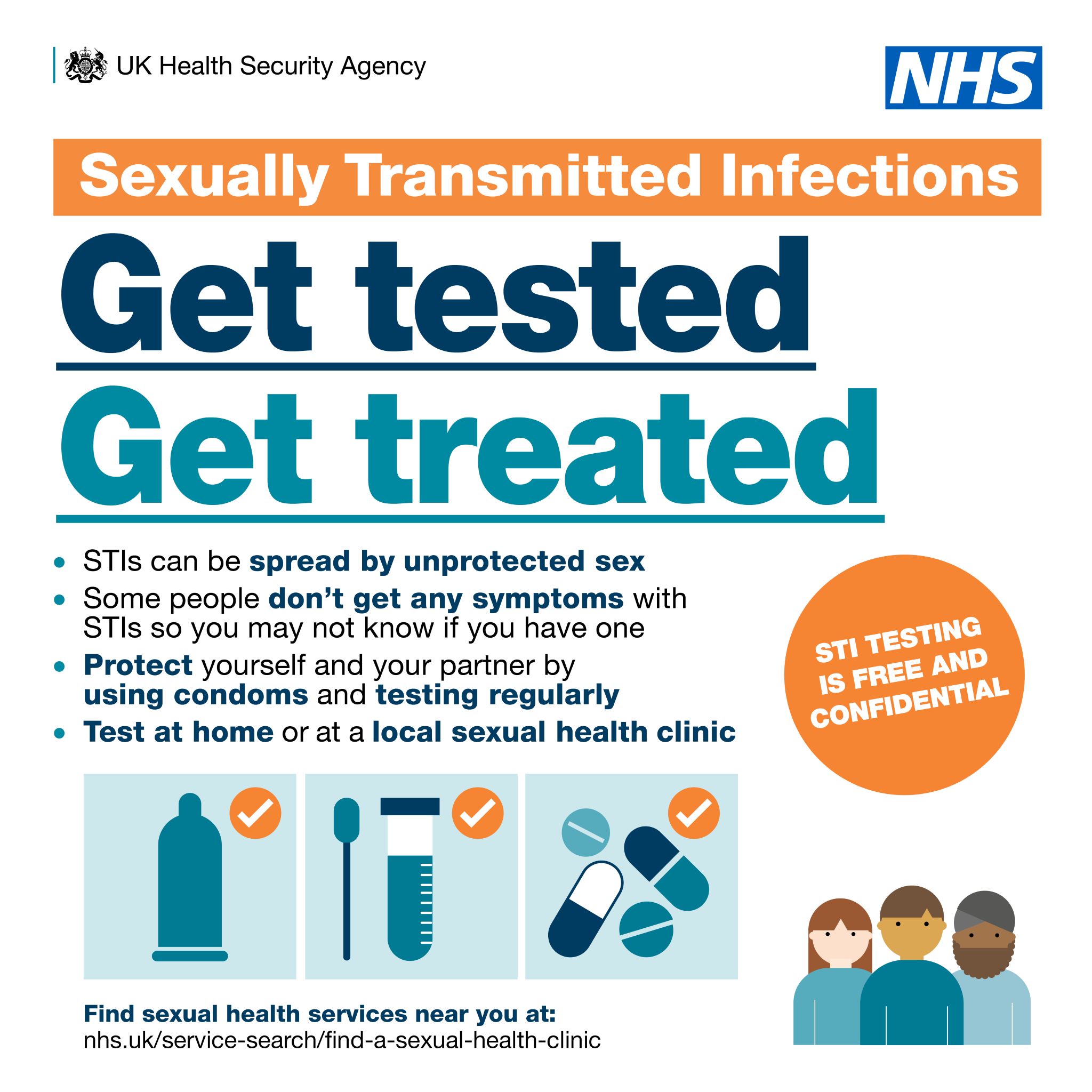Mpox- what you need to know
posted by: Susan Mills
The UK Health Security Agency (UKSHA) has released important information on mpox (formerly known as monkeypox) including an announcement that the UK Government has ordered more mpox vaccines to help boost the country’s resilience against clade 1 mpox. The vaccine will be offered to those eligible in stages as it becomes available over time and based on clinical need. Click here for more information.
What is mpox?
Mpox is a viral infection that spreads through close person-to-person contact. Like many diseases caused by a virus, mpox has different types or ‘clades’. There are two major clades of mpox, known as clade 1 and clade 2.
Clade 2 mpox has been present in the UK since 2022. Clade 1 mpox has previously only been reported in five countries in Central Africa but there is now increasing transmission of Clade 1 mpox in several countries in east and central Africa.
Anyone can catch either clade of mpox, as it spreads from person-to-person, through close contact (including intimate or sexual contact) with someone who has the mpox virus, through contact with contaminated materials, such as bed sheets or towels, and contact with infected animals.
Mpox does not spread easily between people unless there is very close contact.
What are the symptoms?
The symptoms of mpox include:
- A skin rash with blisters, spots or ulcers that can appear anywhere on your body (including your genitals)
- Fever
- Headaches, backache, and muscle aches
- Joint pains
- Swollen glands
- Shivering (chills) and exhaustion
A rash usually appears 1 to 5 days after a fever, headache and other symptoms. The rash (spots, blisters or ulcers) often begins on the face, then spreads to other parts of the body. This can include the mouth, genitals and anus. The number of sores can range from one to several thousand.
If you have recently travelled to any of the affected countries, and have any new spots, blisters or ulcers that have developed within 21 days of returning, please isolate at home and call NHS 111 for advice, letting them know your travel history.
What is the treatment for clade 1 mpox?
The symptoms of mpox can range from a few spots to a severe rash and illness. Treatment will depend upon the needs of the individual patient but may include admission to a specialist hospital.
New-born babies, children, people who are pregnant and people with underlying immune deficiencies may be at higher risk of more serious mpox disease and death.
Is mpox clade 1 in the UK?
With no cases of clade 1 mpox confirmed in the UK, the overall risk to the UK population remains low.
However, it is important we prepare for any cases that we might see in the UK and planning is underway.
How can we protect ourselves and others?
Anyone can catch mpox, so if you have recently travelled to an affected country, be aware of the symptoms. If you think you might have the infection, avoid close contact with other people, self-isolate at home and speak to a healthcare professional as soon as possible.
More information
If would like to find out more about mpox , the following links contain lots of helpful information and updates:

Trending Now
- Taking ‘the pill’. A different approach to make this method work best for you
- Does contraception affect fertility?
- The “male contraceptive”
- Does using contraception make you put on weight?
- Updated blood pressure readings if you are taking combined hormonal contraception
- Using a moon cup? Read this if you also have a coil in place..
- Mpox- what you need to know
- Emergency contraception
- Mpox vaccines are now available
- It’s a Sin

Mpox vaccines are now available
From Jan 2025, Devon Sexual Health will be working with the Royal Devon University Healthcare NHS Foundation Trust’s vaccination team […]

Torbay clinic will be closed on Monday 2 December
To facilitate the implementation of a new electronic patient record system (EPR), our Torbay clinic only will be closed on […]

Rise in HIV diagnoses steepest among heterosexual men and women
The latest HIV surveillance data for 2023, published by the UK Health Security Agency (UKHSA) today, show that the number […]
